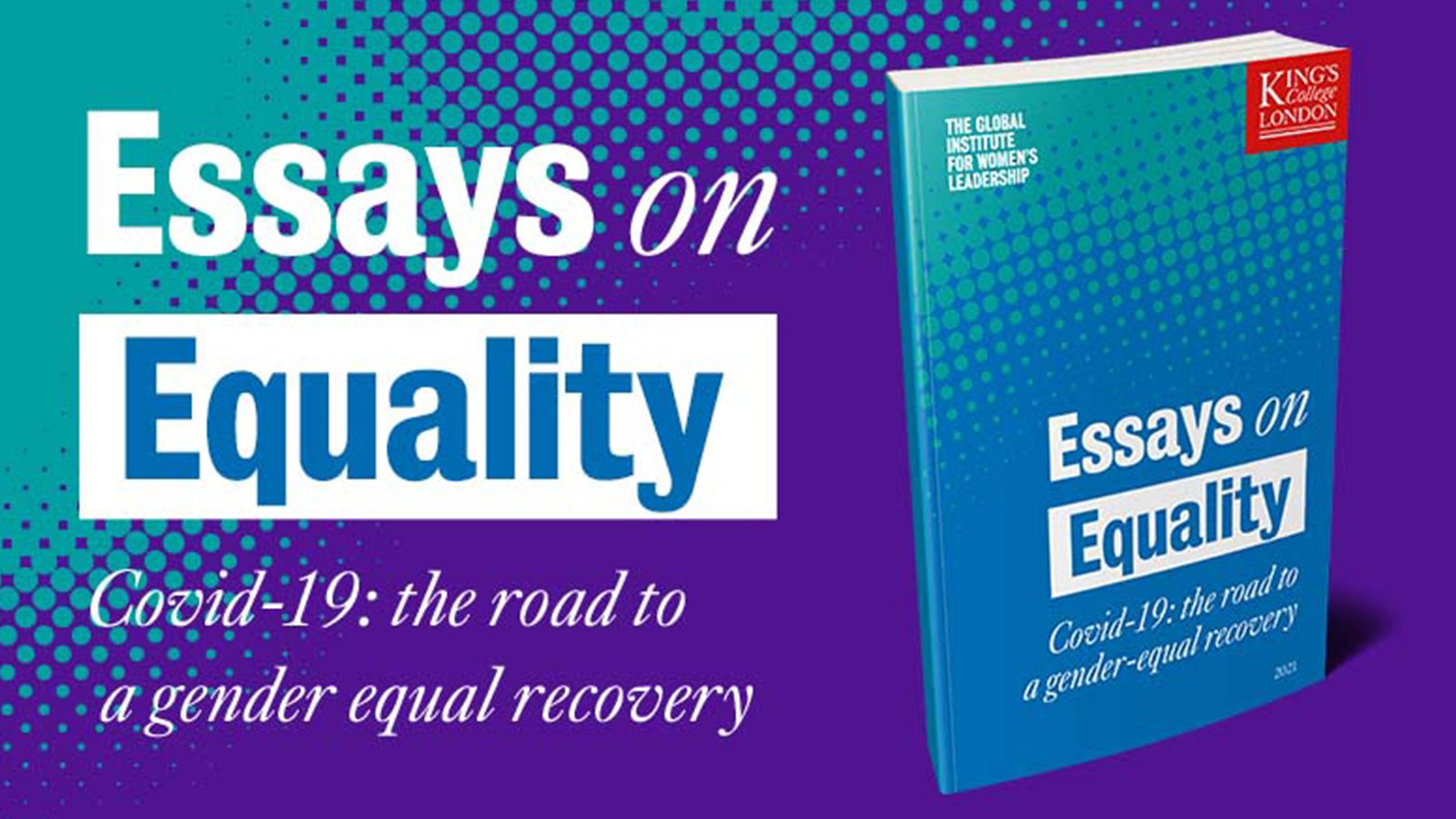This past year has shown us that we have a window of possibility to not simply recover from the pandemic, but to transform our society and economy to prioritise care and community.
It was 50 years ago that women from across Canada came together to highlight both the struggles they faced in an unequal society and the solutions necessary to drive gender equality. In 1970, the Report of the Royal Commission on the Status of Women in Canada marked the first time that feminists nationwide boldly called for a national early learning and childcare system, along with several other recommendations to support gender equality. The 12 pillars of the 1995 UN Beijing Declaration and Platform for Action on Gender Equality similarly provided a roadmap, on a global scale.
Since these objectives were put forward, advocates, policymakers, researchers and social movements have worked collaboratively to push towards this vision for a more gender-just world, with each generation successively building towards human rights and social justice for all. When looking at these landmark documents, it is clear that if the investments and actions called for decades ago had been taken up, we may have had a stronger foundation to withstand the challenges of the Covid-19 pandemic. A lesson learned here is that creating gender-just societies can lead to gains that will be realised in our lifetimes and beyond.
Read Carmina Ravanera and Anjum Sultana’s complete essay and download the full collection here.




